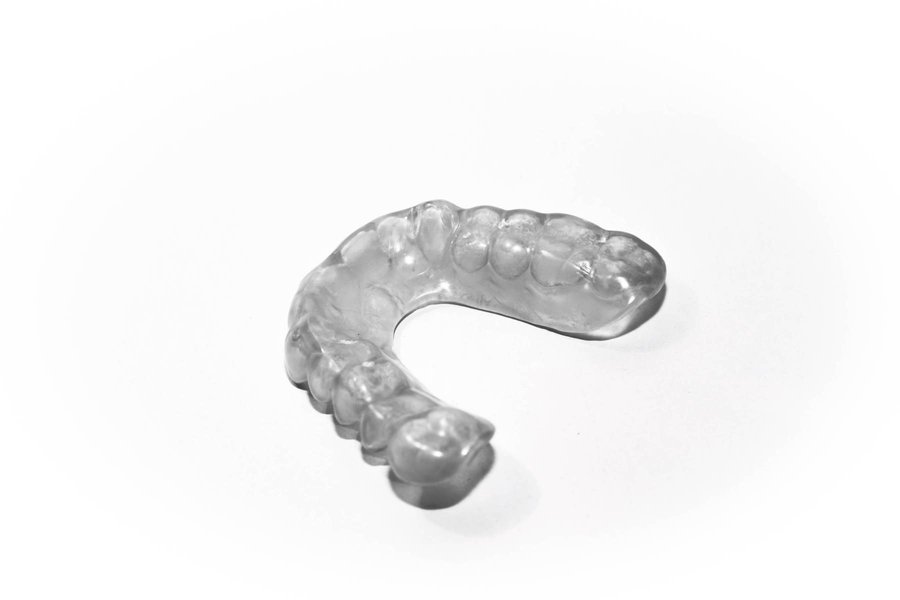What is bruxism?
Bruxism, also known as teeth grinding, is a disorder characterized by repetitive uncontrolled movements of the teeth that typically occur during sleep. This disorder can occur both during the day and at night, with the nocturnal form, known as sleep bruxism, being particularly common. Bruxism is characterized by involuntary grinding or clenching of the teeth, which can lead to various physical and psychological complaints.
Symptoms of bruxism include frequent toothache, tooth surface wear, jaw pain and headaches. In the long term, the repetitive strain on the teeth and jaw joint can lead to significant tooth damage such as cracks and chips as well as jaw joint problems. In addition to the physical effects, bruxism can also lead to increased stress and sleep disorders.
Although the exact cause of bruxism is not yet fully understood, various factors are considered possible triggers. These include stress and anxiety, which can lead to increased muscle tone in the jaw area. Sleep disorders and certain medications have also been identified as risk factors. Genetic predispositions also appear to play a role, as familial clustering and links to other sleep disorders have been observed.
Diagnosis
Bruxism is a common disorder in the general population. It is estimated that around 8-20% of adults suffer from it. The diagnosis is usually made through a combination of clinical examination and patient reports. Typical signs of bruxism are signs of wear and tear on the teeth, jaw joint pain and noises that can occur during sleep. Dentists and sleep physicians often use specialized diagnostic tools such as TMJ and muscle recording systems to better assess symptoms and rule out other possible causes.

Did you know?
People with sleep bruxism often sleep particularly deeply and soundly, suggesting that teeth grinding may be an unconscious response to deep sleep.
Treatment options and prevention
The treatment of bruxism is varied and depends on the severity of the symptoms and the individual needs of the patient. One commonly used method is the use of dental splints, which can reduce the pressure on the teeth and thus reduce the wear and tear on the enamel. In more severe cases, drug therapy may be considered, especially if psychological factors such as stress are identified as the main cause. In addition, behavioral and relaxation techniques for stress management are recommended to reduce the frequency and intensity of teeth grinding. Preventative measures include avoiding caffeine and alcohol before bedtime and promoting good sleep hygiene.
![[Report Bild]](/static/reportImages/kiefer.jpg)